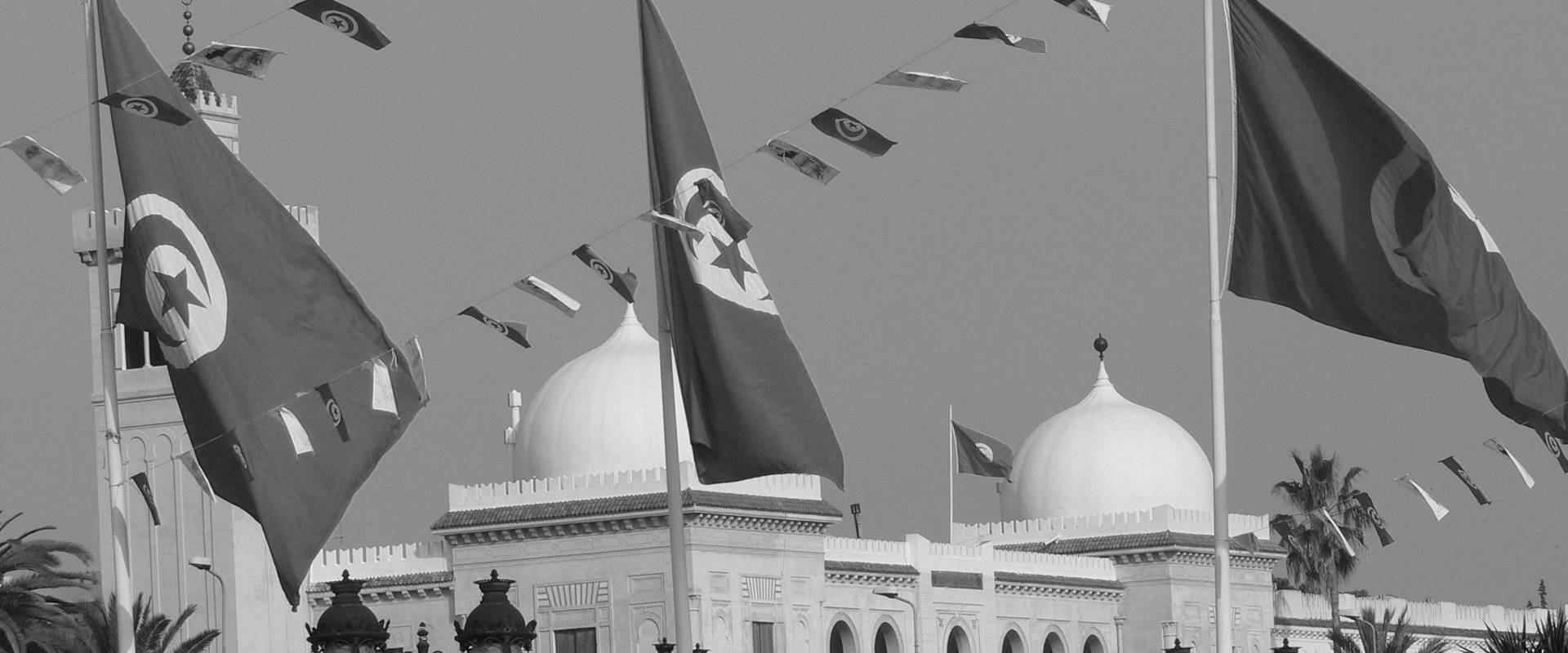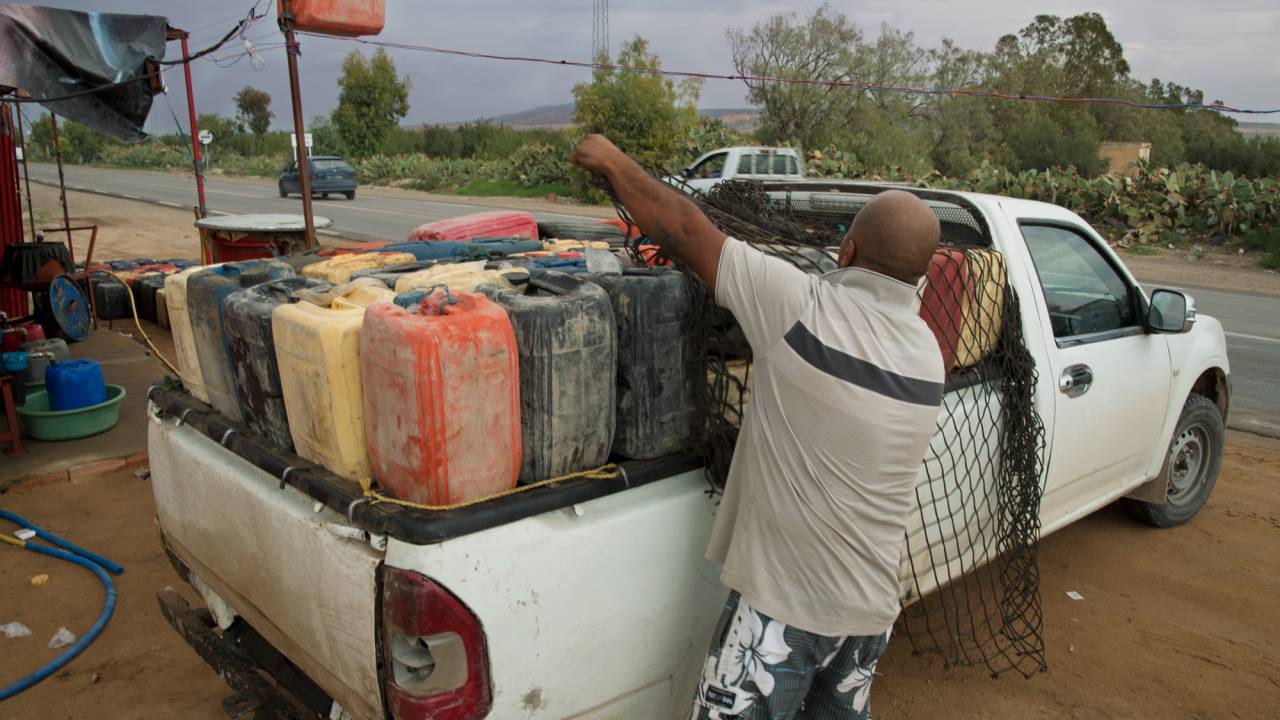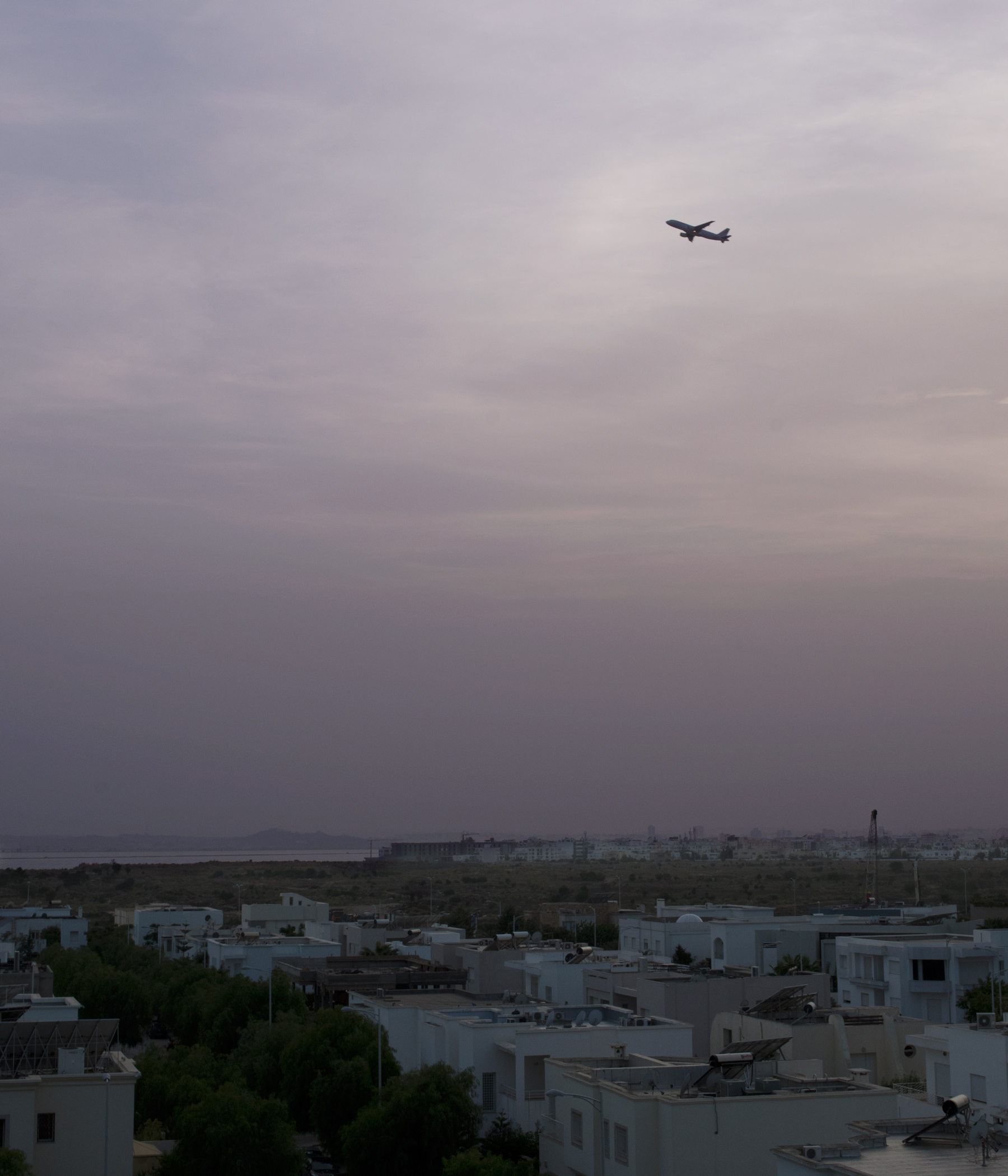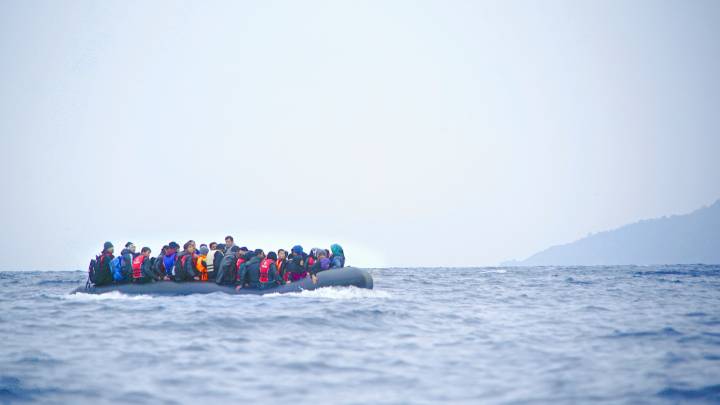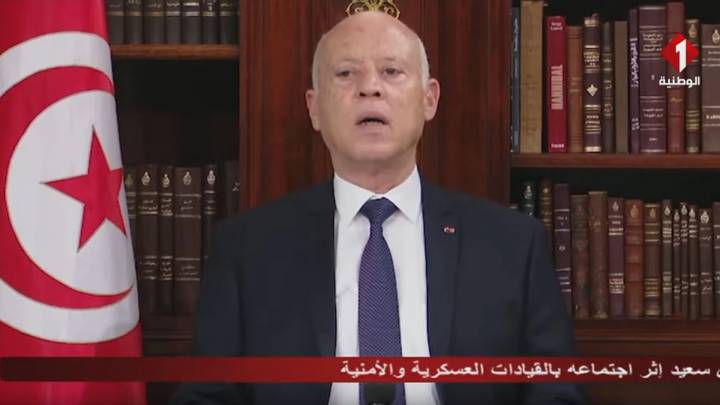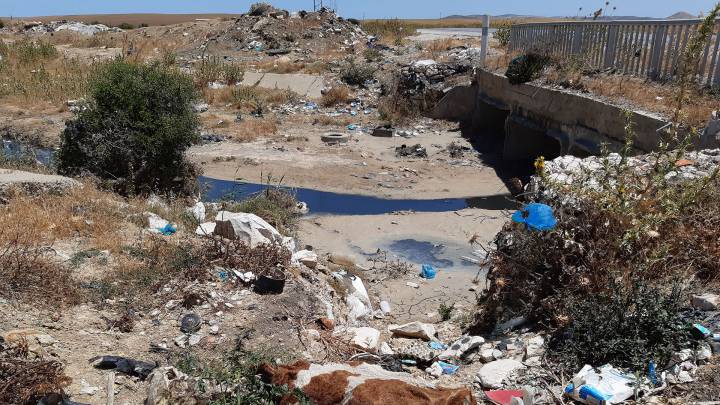Despite the challenge of extremism there is a story of hope for the Tunisa, writes Sadem Jebali.
Once best known for its white beaches and cheap holiday deals, the global perception of Tunisia shifted dramatically in 2011, when footage of its popular uprising was beamed around the world. With dramatic images of the country’s brave youth and citizens effecting peaceful change, the country was highly estimated for bringing a glimpse of hope to a part of the world thirsty for change. Noted too was the importance of social media as a tool to overcome the government’s censorship and a media blackout. By overthrowing its autocratic leader Tunisia inadvertently sparked the so-called Arab Spring, which consumed the Middle East and North Africa region.
Tunisia is facing similar challenges Germany went through after the reunification in 1990.More recently Tunisia has been described as a ‘jihadist factory’ on account of the large number of its youth who have joined foreign militant groups such as ISIS, and Tunisian nationals have perpetrated terrorist attacks at home and in Europe, including the horrific Nice terrorist truck attack in 2016, and the similar but less deadly attack which struck a Berlin Christmas market in December, just days before Christmas.
Yet the reality has always been more complex than the simple image. Even before the revolution, many tourists who visited Tunisia on package deals would have been little aware of the bleak economic realities in interior regions such as Gafsa, Sidi Bouzid and Kasserine – which received little income from the tourism sector – no more than 250 kilometres from the Sousse tourism zone. It was these profound economic and social privations of inner Tunisia that fuelled an uprising in 2008 in Metlaoui, a revolt that was suppressed by the government using brutal oppression and a media blackout. Two years later, these pressures would trigger the protests that toppled President Zine El Abidine Ben Ali, in December 2010 after the self-immolation by a street seller in Sidi Bouzid.
Post-revolution, Tunisia has had to face various challenges. Economic reforms have been halting, and country’s tourism industry was decimated by the attacks in Tunis and Sousse in 2015, dealing a further blow to a beleaguered economy. Security has also proven to be a large challenge, both domestically and internationally. The country has proven to be a fertile breeding ground for jihadists, willing to travel to Syria, Iraq or Libya to take up arms. As many as 6,000 Tunisians have travelled abroad to fight with armed groups in Syria and Iraq – the highest of any country in the world – according to estimates by the Soufan Group. And in Libya alone there may be 1,000 Tunisians flighting, according to Tunisia’s defence minister.
Of course, such numbers are subject to debate. But the question remains: How can such a small country be the source of so many foreign fighters in Iraq, Syria and Libya, and the men behind barbarous terrorist attacks in Europe? Looking back to Tunisia’s recent history, as well the events after the 2011 revolution, can reveal some of the reasons: why young men were able to be convinced to travel abroad to join armed groups; and why recruiters were at time able to operate freely in the country and find an audience receptive to their message.
Of course, while my analysis seeks to explain why terrorist attacks have featured young Tunisians, this should not be construed as any kind of justification. The same feelings of sorrow in Nice and Berlin after the attacks were shared by Tunisians nationals, alongside feelings of anger that such young people are quickly depicted as representative of Tunisian youth.
Weakened state and the security challenge
With the overthrow of President Ben Ali in 2011, the man who had ruled Tunisia for more than 20 years, the country was in disarray, with the state machinery and institutions such as the police forced to reconfigure their relations with ordinary citizens and reinvent their roles post-revolution.
Extremist groups seized on the opportunity by moving into the vacuum created by the state’s absence and the laxity of the Troika government, to provide social services and gain popularity. This was especially the case within the most deprived areas of the country, such as the Tunis suburb of Etadhamen, a deprived area that was later the source of many Tunisians willing to fight overseas. The overall situation was not helped by the mass release of Islamist leaders imprisoned during the Ben Ali era; their release helped accelerate the dissemination of future recruitment cells, especially in mosques that were out of government control for more than two years.
Meanwhile, after more than two decades of religious and political desertification during Ben Ali era, many Tunisians were confronting for the first time their society and the realities of the disparities and differences of opinion and vision for their nation.
Youth especially who had grown up in a Tunisia governed by Ben Ali were the fruit of an education system designed to create obedient citizens, never daring to criticize or question the system in place. An absence of critical thinking and the restrictions on cultural life meant many youth had an ambiguous relationship to their own identities, an immaturity that fundamentalists were able to take advantage of, convincing many to join extremist groups overseas.
Nation building or personal fulfilment?
Tunisian youth today experience frustration for number of reasons: a rapidly changing environment; lack of trust in the state; a lack of economic opportunities; and the difficulties they face in adapting to new global environment which prescribe values such as entrepreneurship or self-reliance.
In face of such social and economic slump, many youth have left Tunisia to study or work, practical for those who can afford to do so and who have the skills and education. When it comes to those who have neither the first nor the second, many look for a new life in Europe as illegal immigrants. Finally there are those who leave for an ideal called ISIS. But across all there is a commonality in what they are seeking: personal fulfilment.
This portrait might give a cynical idea of Tunisia, nonetheless several bright spots must be mentioned. A considerable number of young talents made the opposite journey, returning home from abroad, while many individuals decided to stay and develop new businesses and initiate social projects.
Having a unique chance to be part of the founder’s generation in a country is an amazing feeling and above all an opportunity to be seized. Yet patience and combative spirit remain the key qualities needed. Success stories in almost all fields are rousing all over the country, hard times makes young people more self-reliant, and this is what will make this country prosperous again.
But it may not come easy. I believe that Tunisia in its experience of unifying the economic and social structures of the coastal and interior regions under an equitable development model is facing similar challenges Germany went through after the reunification in 1990. This process is completely finished even now, after more than 26 years, which can give us an idea about the complexity of the task in Tunisia, a process of rebuilding that might take more than more than one generation.
The views expressed in this article are solely the author’s and may not necessarily reflect the editorial policy of zenith or its publisher.
Sadem Jebali is a Tunisian scholar with the Konrad Adenaur Stiftung, pursuing a Master in Public Policy at the Hertie School of Governance in Berlin. Jebali has worked for several years as head of Civil Society and Youth programmes for the British Council on the Middle East and North Africa.
